Smoking may lead to hair loss, mainly due to its damage to hair follicles, impact on blood circulation, and triggering oxidative stress. Long term smoking may also increase the risk of hereditary hair loss. Quitting smoking, adjusting diet, and improving lifestyle habits are important measures to prevent hair loss.
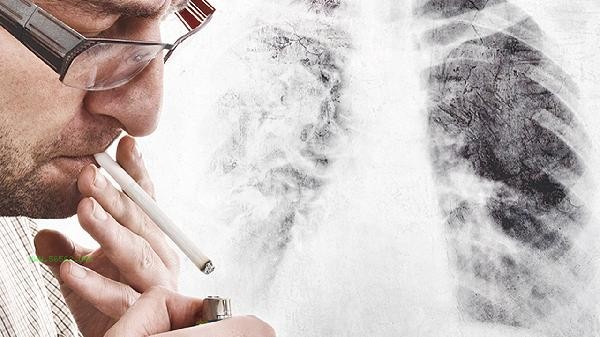
1 Harmful substances in tobacco directly damage hair follicles
Smoking releases various harmful chemicals such as nicotine and carbon monoxide, which enter hair follicles through the bloodstream and cause direct damage to hair follicle cells, leading to weakened or even degraded function. Nicotine can cause capillary constriction, affect the blood circulation of the scalp, and prevent hair follicles from receiving sufficient oxygen and nutrients, leading to hair loss.
Smoking accelerates oxidative stress
Smoking increases the production of free radicals, leading to oxidative damage to cells. Hair follicle cells are highly sensitive to oxidative stress, and long-term oxidative stress can shorten the growth period of hair and accelerate its entry into the resting period, which significantly increases the risk of hair loss. Oxidative stress can also affect scalp health, potentially leading to inflammation and further damaging hair follicle structure.
3 may exacerbate the risk of hereditary hair loss
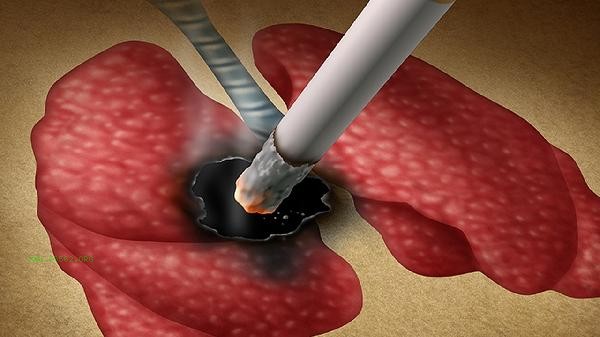
Research has found that androgenic alopecia, commonly known as balding, is more common in smokers. This is because smoking increases the levels of dihydrotestosterone (DHT), which is one of the main causes of hereditary hair loss. For people with a family history of hair loss, smoking is more likely to trigger or accelerate the occurrence of hair loss. How to prevent and respond to hair loss caused by smoking?
1. Quit smoking: Stopping smoking is an important first step in preventing hair loss, and quitting smoking can also improve overall physical health, improve scalp blood circulation and nutrient supply.
2. Balanced diet: Eat more foods rich in antioxidants, such as vitamin C, vitamin E, and various minerals. This helps to neutralize free radicals and reduce oxidative stress damage to hair follicles. Recommended foods include nuts, tomatoes, spinach, blueberries, etc.
3. Medication therapy: For cases of significant hair loss caused by smoking, topical minoxidil, oral finasteride, and other medications can be tried. Specific medication should be recommended by a professional doctor.
4. Scalp care: You can improve scalp health and restore hair follicle vitality by massaging the scalp or choosing shampoo products that help promote blood circulation. The impact of smoking on hair loss should be taken seriously. In addition to quitting smoking, comprehensive adjustments to lifestyle habits, dietary structure, and necessary medical measures can also effectively improve the scalp environment and reduce or prevent hair loss. If the symptoms of hair loss are obvious, it is necessary to consult a professional in a timely manner


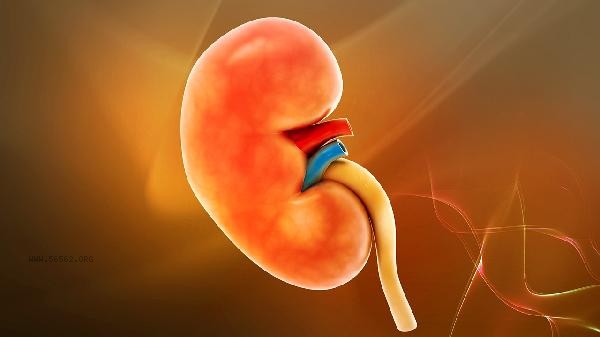
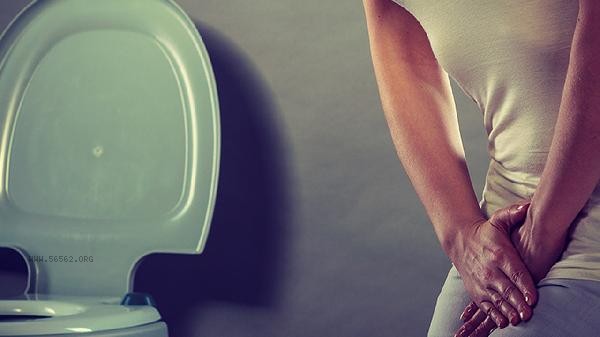


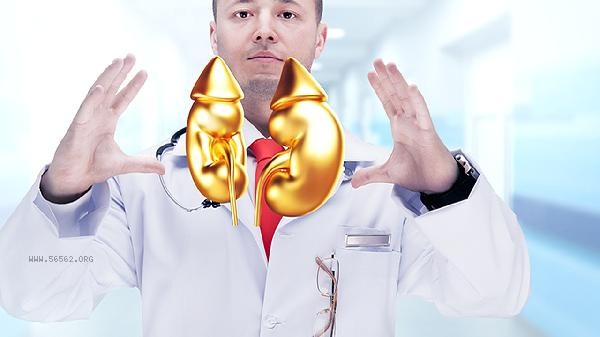



Comments (0)
Leave a Comment
No comments yet
Be the first to share your thoughts!